Researchers at Aix-Marseille University recently published a study comparing participants’ implicit and explicit biases towards children with Trisomy 21 (Down syndrome). Surprisingly, most research to date on social perceptions of individuals labeled as intellectually disabled have only focused on explicit biases, effectively silencing the unfiltered world of the sub-consciousness. Noticing this imbalance, Enea-Drapeau et al decided to dive into those dark recesses to see how politically correct our gut reactions really are.
And the results? Not necessarily the brightest. The study used a procedure known as an implicit association test (IAT) which studies the user’s reaction time when shown positive and negative associations with differing pictures. On the brighter side of things, the same participants were asked to take a second test in which a child was shown along with one of the identifiers previously used. They were then asked to rate each association on a Likert-type scale (from 1: “strongly disagree” to 6: “strongly disagree”) until a profile was built on each child. Although the negative results did slightly rise for the adult students & non-students as facial features became more pronounced, the positive associations far out-weighed the negative. Professional care givers did not attribute any substantial difference between the weak and strong T21 candidates and, when compared to the number of years in the profession, negative results actually declined as their years increased. Although the results we’re not the most ideal, one should still take them with a grain of salt. Positive attitudes still show to be the most prevalent in our society, and given the case with the care-givers, increased interaction yields more favorable opinions. On the other hand, we must recognize that facial features do seem to affect our opinion of someone. To the extent this plays out on both sides is still up to some conjecture, but the sooner we recognize it as a factor the sooner we can counter its effects.

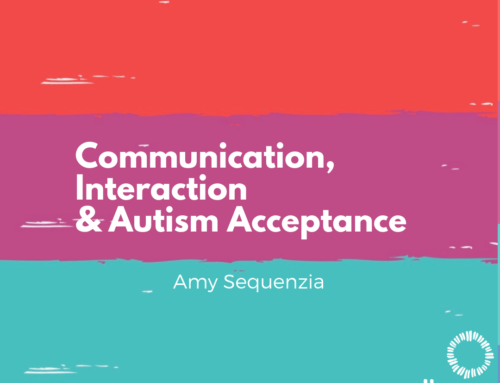
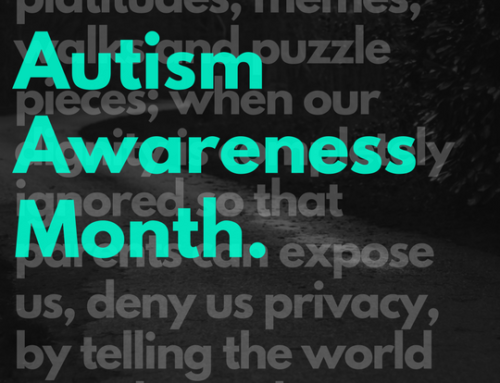
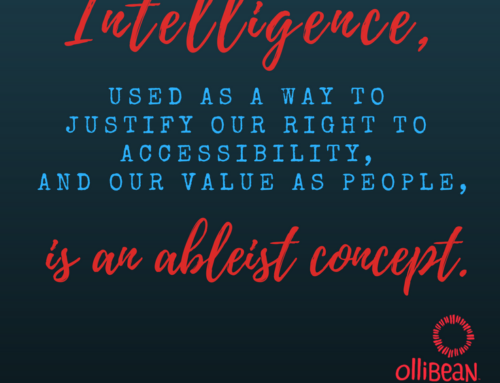
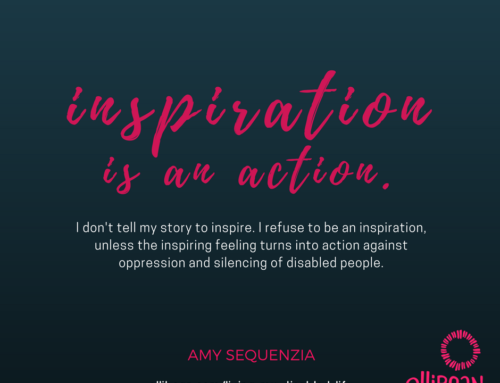
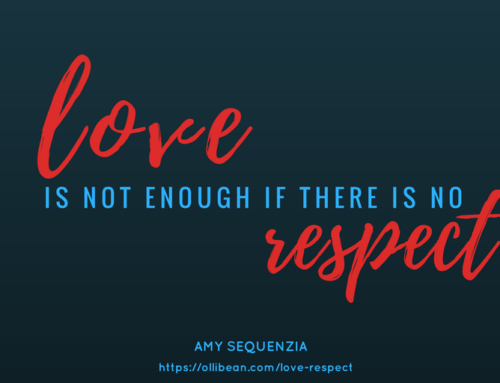
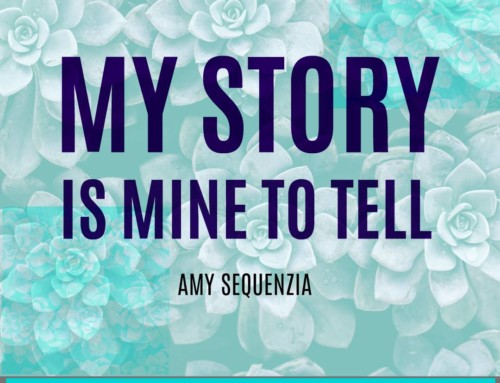
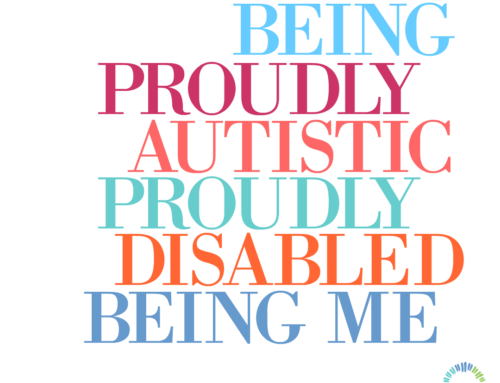
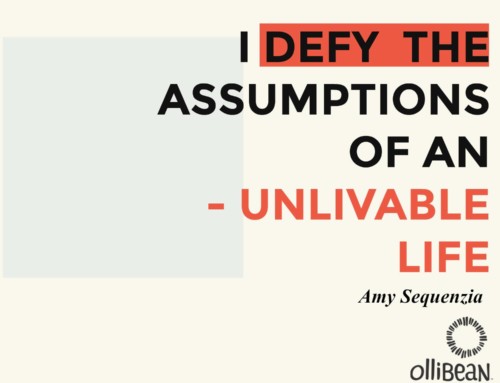
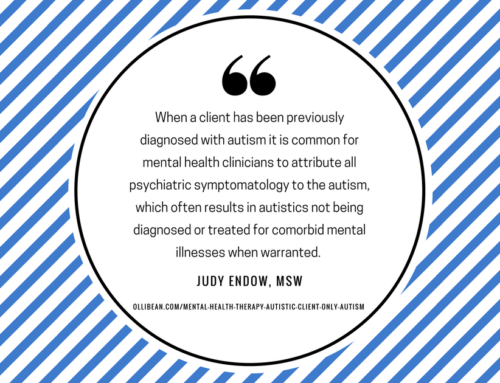
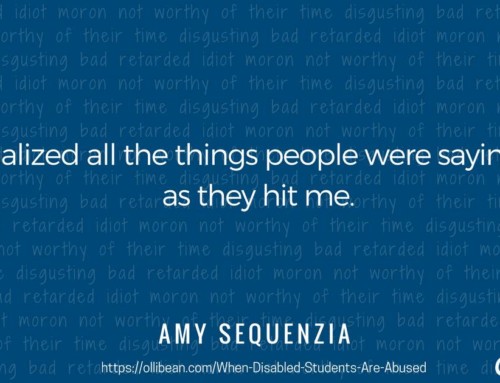

I see how this supports inclusion. Caregivers, family, are inclusive, and looks like study shows they had the least amt of negative stereotypes. Change your perceptions.Exposure and inclusion gets rid of any negative.